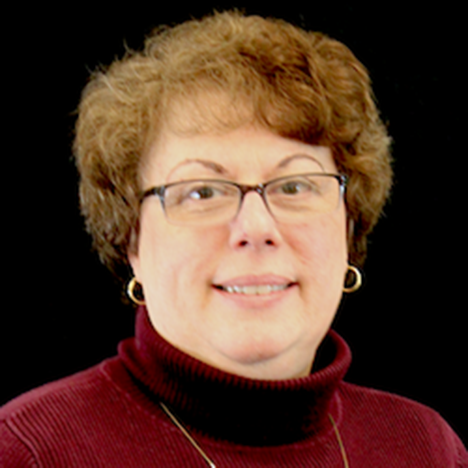
Better Hearing and Speech
Health & Aging | Miscellaneous
Summer is almost here! We all enjoy summer along with the sounds of birds, children playing outside, or the splash of people in a swimming pool. There 37.5 million adults with hearing or communication disorders in the U.S. who are not able to enjoy those familiar sounds.
After the age of 75, that rate increases. The month of May is National Better Hearing & Speech Month which aims to raise awareness about hearing and speech health.
Hearing loss can affect much more than just the ability to hear specific sounds. If untreated, hearing loss can lead to social isolation, depression, anxiety, cognitive decline, heart disease, diabetes, or migraines. Many people with untreated hearing loss become socially isolated and suffer from loneliness as they often avoid social situations. Quality of life can also be impacted by increased risk of dementia, mental decline, falls, and clinical depression. Hearing aids and other assistive devices help but unfortunately, only one in four adults who need help get the care they need.
Hearing Loss Categories
Hearing loss can be broadly separated into two categories:
- Conductive Hearing Loss: The average person is born with about 16,000 hair cells within their inner ear. These cells allow your brain to detect sounds. By the time you notice hearing loss, many hair cells have already been damaged or destroyed.
- Sensorineural Hearing Loss: Noise can also damage the auditory nerve that carries information about sounds to your brain. Early damage may not show up on your hearing test.
There is no treatment to restore normal hearing, but you can prevent hearing loss from loud sounds. It is very important to protect your hearing!
Hearing Loss Causes
 People often voluntarily expose themselves to loud sounds by using headphones or through the stereo systems in concerts, nightclubs, sporting events, and even fitness classes.
People often voluntarily expose themselves to loud sounds by using headphones or through the stereo systems in concerts, nightclubs, sporting events, and even fitness classes.
Is the noise too loud? If you need to shout to make yourself heard, then yes, and you need hearing protection such as earplugs or noise-cancelling earmuffs.
Do not listen to headphones for a long time. Turn the volume down and take periodic breaks from the noise. We don’t often think about it, but we need to protect our hearing when using loud equipment like lawn mowers and leaf blowers.
Dizziness or Vertigo are also associated with ear health. These medical conditions associated with ears do not only cause dizziness/vertigo but also significant hearing loss. These include Meniere’s Disease, Benign Paroxysmal Positional Vertigo, and others. Even a buildup of earwax can cause dizziness and hearing impairment.
Hearing Loss Healthcare Professionals
Many Healthcare Professionals can evaluate and treat hearing and communication disorders. Audiologists are the primary Healthcare professionals who evaluate, diagnose, treat and manage hearing loss and balance disorders.
 Speech & Language Pathologists also evaluate and treat communication deficits associated with hearing loss. Communication difficulties can develop later in life for people who experience hearing loss that is the result of age or consistent exposure to loud noise or music. Injury or illness, such as stroke or brain injury, can also cause sudden speech impairments. Rehabilitative services are available to help patients relearn the skills they once knew.
Speech & Language Pathologists also evaluate and treat communication deficits associated with hearing loss. Communication difficulties can develop later in life for people who experience hearing loss that is the result of age or consistent exposure to loud noise or music. Injury or illness, such as stroke or brain injury, can also cause sudden speech impairments. Rehabilitative services are available to help patients relearn the skills they once knew.
Remember - The most important step is to have your hearing or communication problem evaluated by a professional. If people are saying that your TV is loud or you frequently ask people to repeat parts of the conversation - then it is time to have a hearing evaluation.
We all want to hear those familiar sounds for the summer so please pay attention to your hearing health and get an evaluation.
References:
https://www.howardmemorial.com/community-resources/blog/better-hearing-and-speech-month
https://www.enthealth.org/ears-landing-page/
https://www.cdc.gov/nceh/features/better-hearing-and-speech-month/index.html
About Deb Kennedy
For the past 12 years, Deb Kennedy has been the Extended Care Support Manager (Regional Nurse) and Corporate Records & Reimbursement Manager for PSL. In this role, she provides clinical and regulatory compliance support for all levels of living as well as reimbursement oversight. She holds a Bachelor of Science degree in nursing. Deb has over 40 years experience in Acute Care / ICU, Inpatient Rehabilitation and Long Term Care and has served as a Director of Nursing in Long Term Care. She is a board-certified RN in Gerontology and a Geriatric Resource Nurse. Active with PADONA, she is also a member of PANAC and AAPACN.



